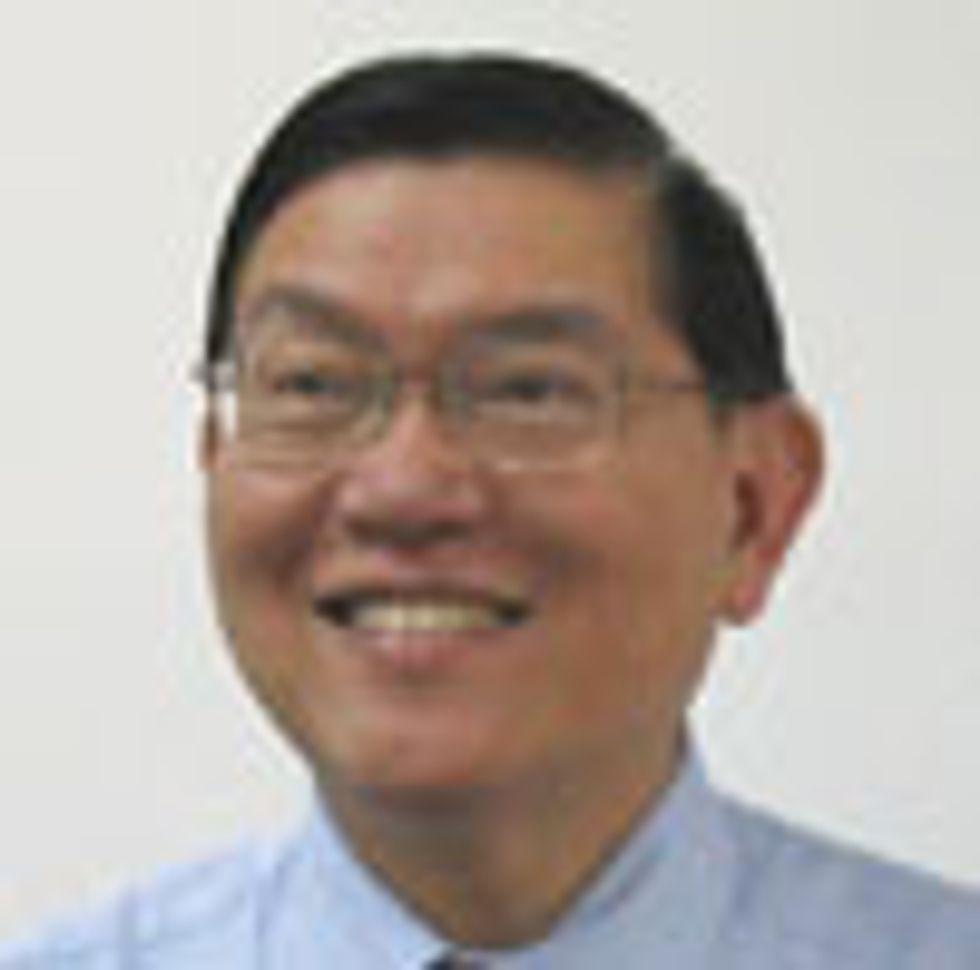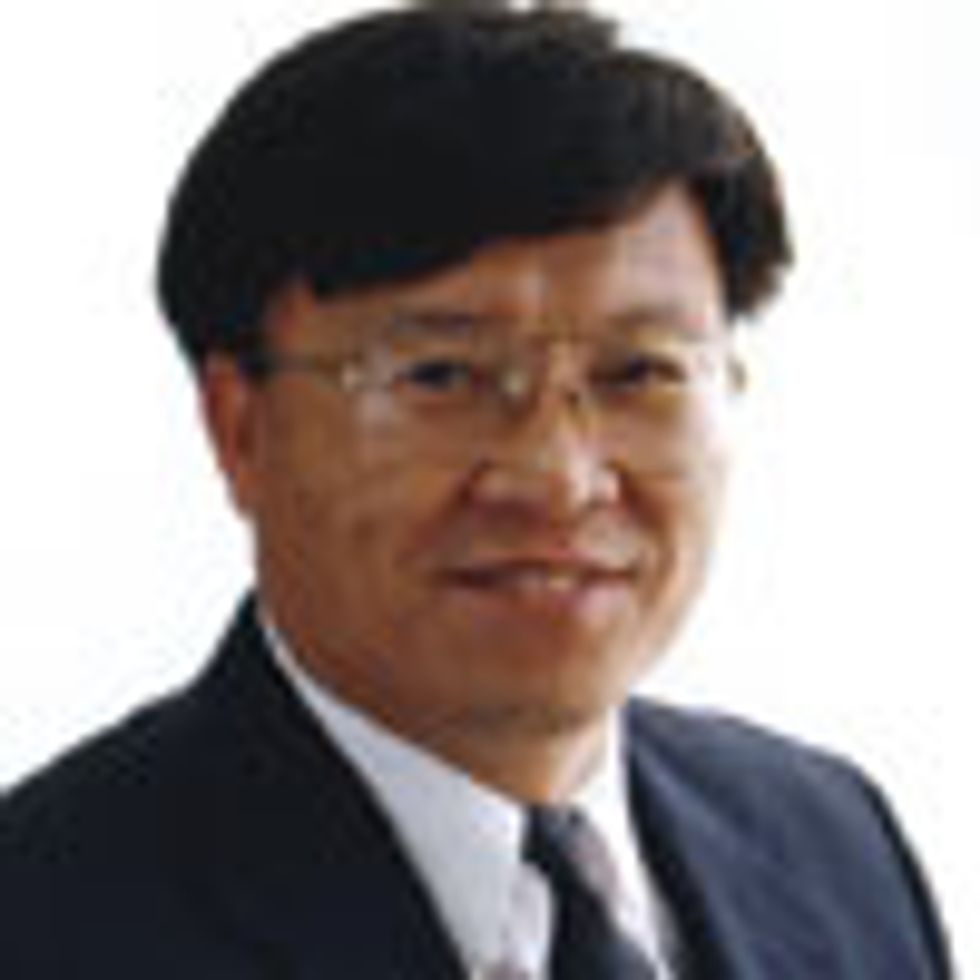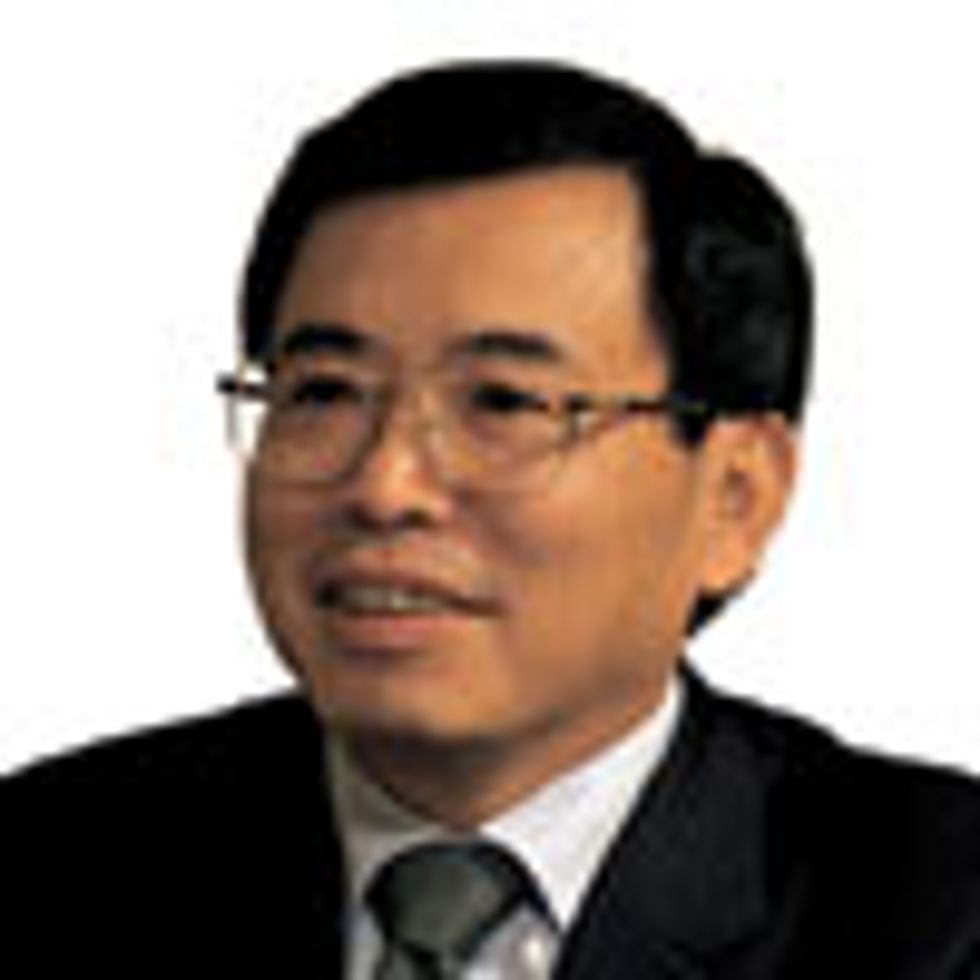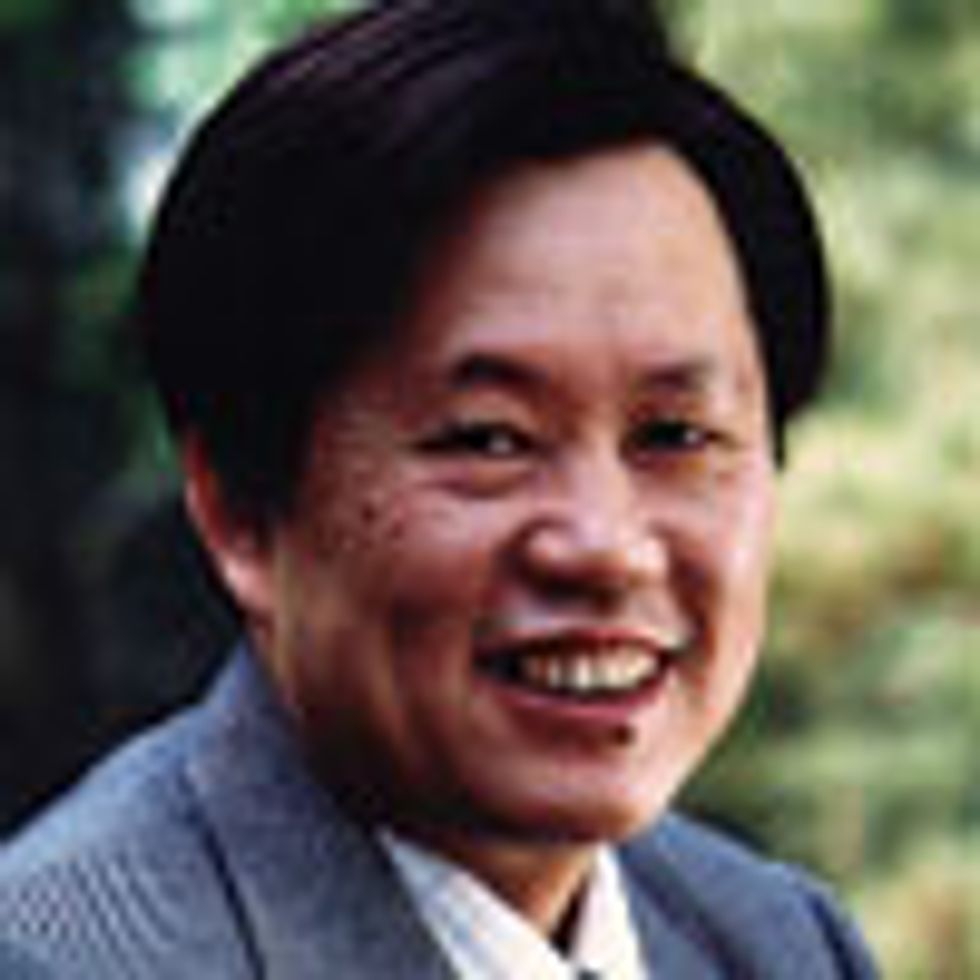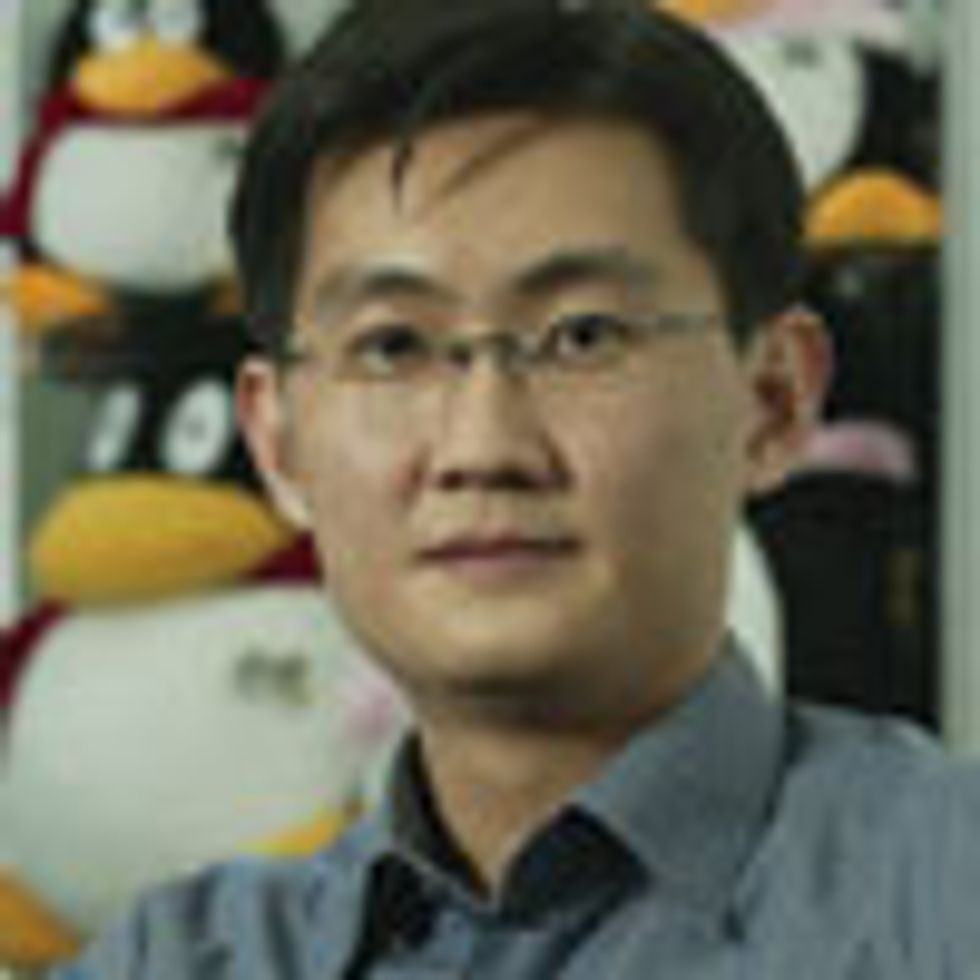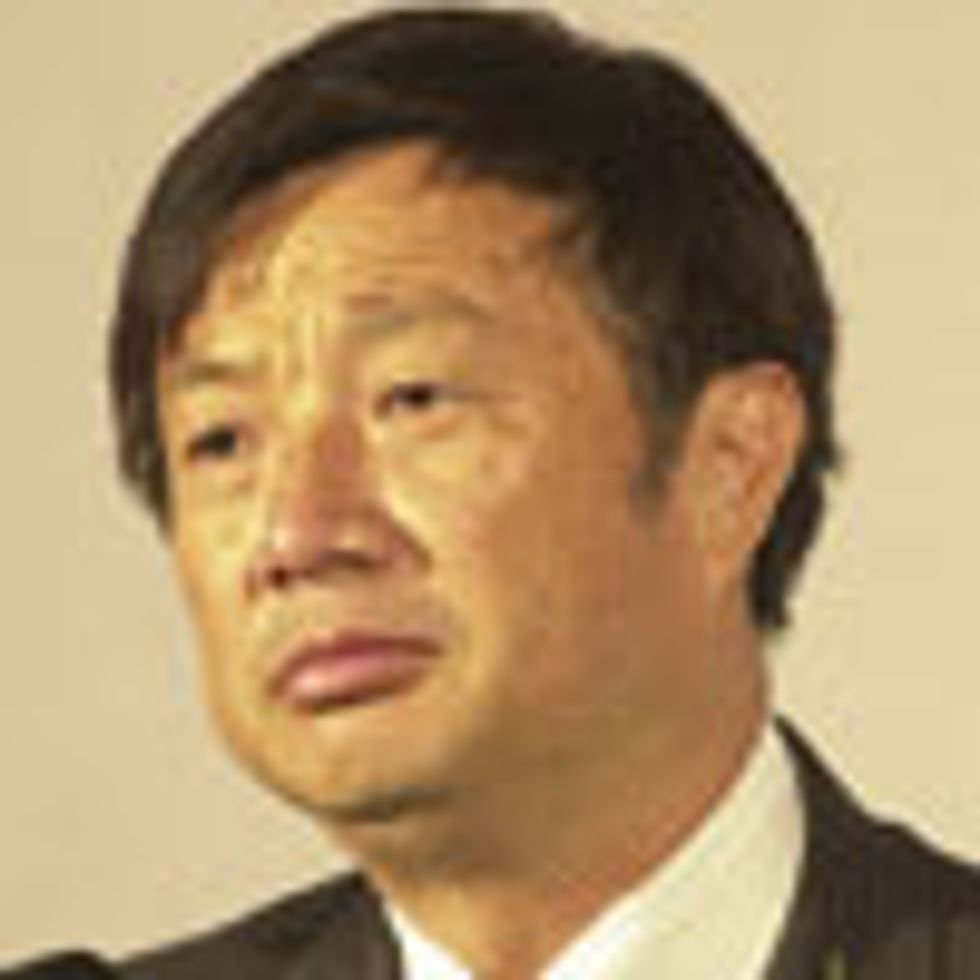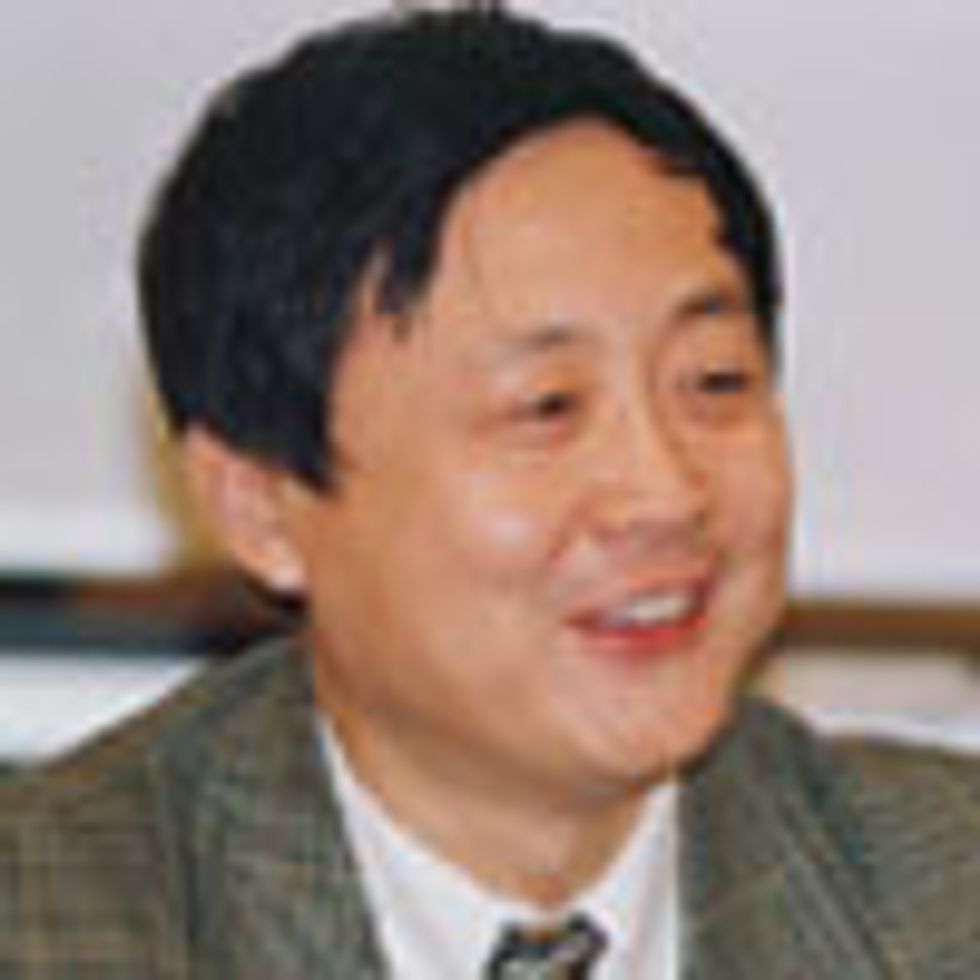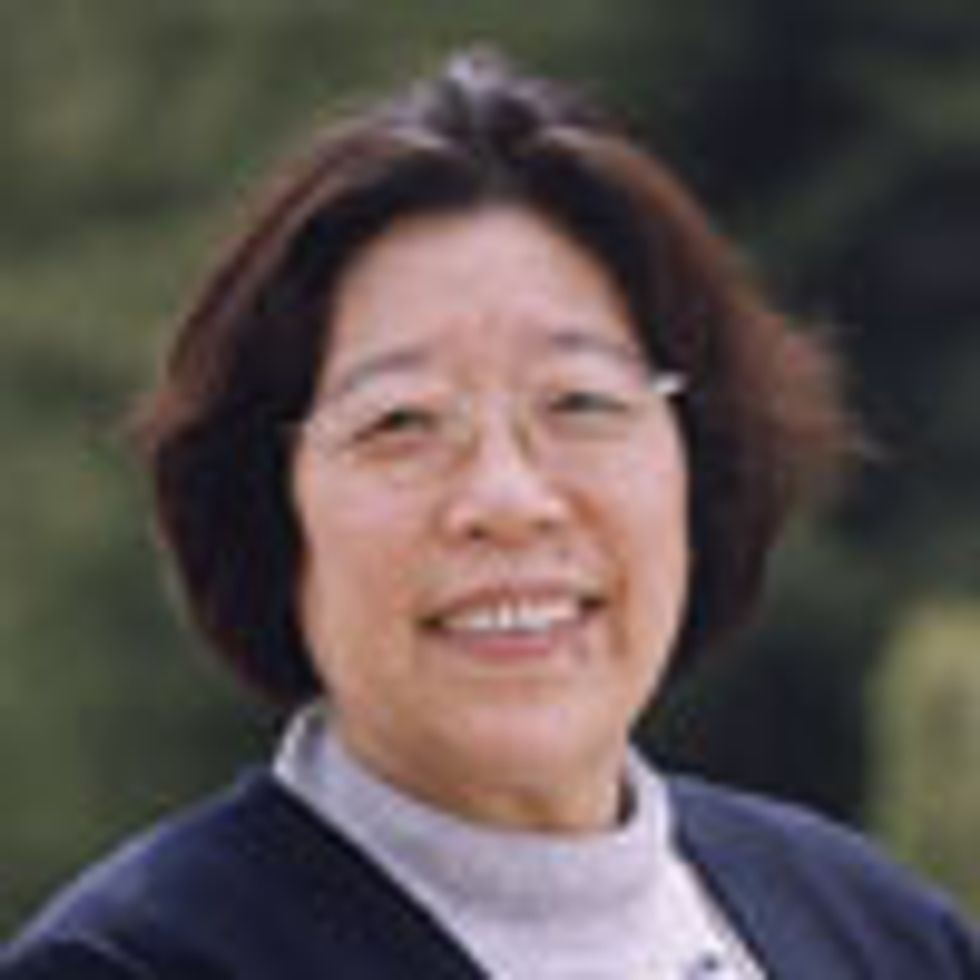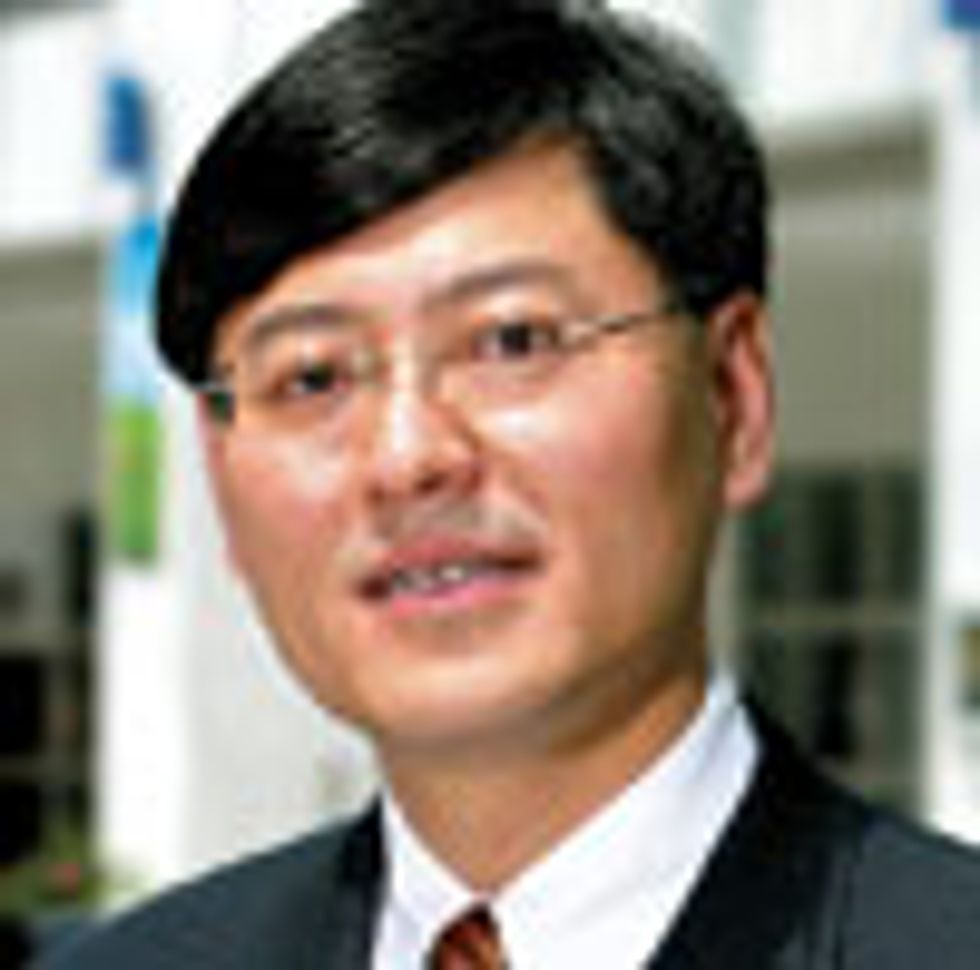Ten To Watch
China’s industrial rise has been propelled by the vision, passion, and hard work of its technologists and industrialists

China’s industrial rise has been propelled by the vision, passion, and hard work of its technologists and industrialists. Some are native Chinese returning from overseas—so-called sea turtles, who give up often lucrative careers to bring back their educational insights and hard-won experience. Others have worked their whole lives in China. All, though, have helped set the stage for one of the great shifts in industrial history. Here are some of China’s leading technologists.
Richard Chang
Perhaps the most famous “sea turtle” is Richard Chang, CEO of Semiconductor Manufacturing International Corp. (SMIC), in Shanghai. He earned a Ph.D. in electrical engineering from Southern Methodist University, in Dallas, and enjoyed a 20-year career at Texas Instruments Inc. In the five years since Chang returned to China and set up SMIC, it has become China’s leading chip maker.
Gao Wen
Gao Wen aims to save consumers hundreds of millions of dollars in royalty fees for video players, stereos, and televisions that use the MPEG-2 audio and video standard. Gao heads a China-led international group developing a royalty-free standard called AVS. An IEEE member and deputy president of the Graduate School of the Chinese Academy of Sciences, in Beijing, he holds two doctorates: one from China’s Harbin Institute of Technology and the other from the University of Tokyo.
Li Dongsheng
Li Dongsheng is cofounder, president, and chairman of TCL Corp., in Huizhou, Guangdong province. He has a singular ambition: to make his company a household name all over the world. Two years ago, TCL became the world’s biggest TV maker when it bought the television division of France’s Thomson SA, in Boulogne. TCL also makes air conditioners, PCs, refrigerators, and cellphones. Li, who holds a radio engineering degree from Huanan Technical Institute, is a prominent member of the Communist Party of China.
Li Guojie
As director of the Institute of Computing Technology, part of the Chinese Academy of Sciences, Li Guojie wants China to become a world leader in information technology. To that end, his researchers are designing—from scratch—microprocessors, blade servers, and supercomputers. Li, an IEEE member, did his Ph.D. and postdoc in computer science at Purdue University, West Lafayette, Ind., and the University of Illinois, Urbana-Champaign, respectively, before returning to China in 1987.
Ma Huateng
Thirty-four-year-old Ma Huateng is a trailblazer in China’s online entertainment market. Five years after graduating from Shenzhen University in 1993 with a bachelor’s degree in computers and applications, he cofounded Tencent Computer System Co., in Shenzhen. The firm now hosts China’s largest instant-messaging platform, with more than 300 million subscribers, and it recently launched a successful online gaming business.
Ren Zhengfei
In 1988, Ren Zhengfei, a former People’s Liberation Army telecom engineer, cofounded Huawei Technologies Co., in Shenzhen. Huawei is now competing with the likes of Cisco and Alcatel in the design and manufacture of telecom equipment. Ren’s management style is a large part of the reason: he’s said to put new hires through intensive military-style training and to encourage workers to learn from wolf packs.
Wang Yongzhi
China was the third nation to send a person into space, and its manned space program owes much to chief designer, Wang Yongzhi. Wang had planned to be a farmer, but a teacher persuaded his parents to send him to high school. He went on to study rocket and missile design at Tsinghua University, in Beijing, and the Moscow Aviation Institute, in Russia.
Wu Jianping
The Internet Society of China calls Wu Jianping the "main sponsor and organizer of China’s next-generation Internet." A computer networking expert, Wu is managing director of the China Education and Research Network, which connects the nation’s universities and research institutions. An IEEE member, he is also a professor at Tsinghua University, where he got his bachelor’s and master’s degrees in engineering.
Yang Mianmian
Yang Mianmian may get less press than Haier Group Co.’s CEO, Zhang Ruimin, but as president of Haier, in Qingdao, China’s largest appliance maker, she is a key player behind the scenes. A graduate of Shandong University of Technology, she became deputy director and chief engineer of the nearly bankrupt Qingdao Refrigerator Plant, Haier’s predecessor, in 1984. By putting Zhang’s management theories into practice, Yang turned around the company’s R and D, manufacturing, marketing, and organizational culture.
Yang Yuanqing
Few people had heard of Lenovo Group Ltd., in Beijing, until it bought IBM Corp.’s PC division last year. Even fewer had heard of Lenovo’s 40-year-old CEO, Yang Yuanqing, who brokered the deal that turned Lenovo into the world’s third-largest PC maker. Yang, who holds an M.S. in computer science from the University of Science and Technology of China, in Hefei, will now become Lenovo’s chairman.
